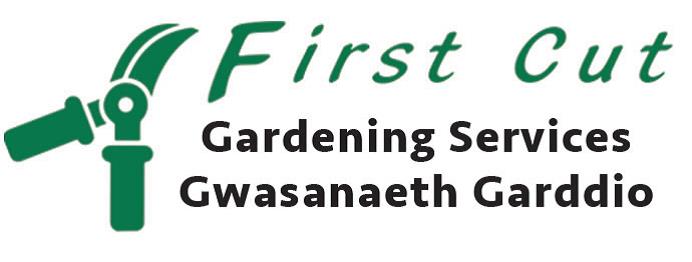Gardening Services in Rhyddlan

Your local Gardener in Rhyddlan
For your gardening needs please use the Free Estimates form you will find it here and I will get back to you.
We offer the following gardening services as follows:
- Grass Cutting
- Hedge Cutting
- Tree Surgery & General Tree Service
- Cut and Clear Overgrown Garden
- Winter Pruning, Reduction of Shrubs, Bushes & Hedges
- Removing Plants
- Planting Spring Beds & Borders
- Maintaining Beds & Borders
- Weed Suppression & Low Maintenance Landscaping
If you would like to leave a message about your gardening needs you can contact me here
You can also contact me by email. as I respond to all emails every evening
Email: firstcut.grasscuttingservice@gmail.com
Rhuddlan has a longer history than the castle fortress built following Edward I's conquest of Wales. Prior to Norman occupation of lower Gwynedd, the Perfeddwlad, Rhuddlan was the site of a Welsh cantref and served as the seat of government and capital of Gwynedd for the Welsh king Gruffydd ap Llywelyn (1007 – August 5, 1063), whose family may have been the traditional Welsh lords of Rhuddlan for generations. A mint established at Rhuddlan in the 1180s by Dafydd ab Owain, and subsequently maintained by Llywelyn the Great, was responsible for minting the first native Welsh coinage since the reign of Hywel Dda.
The town is known for the ruins of Rhuddlan Castle, built by King Edward I from 1277 to 1282, and for the site of another castle at Twthill, built by the Norman Robert of Rhuddlan about 1072.
The town was also the location where Edward I signed the Statute of Rhuddlan, laying down the way by which the Principality of Wales, created by the princes of Gwynedd, was to be governed.
The hymn tune "Rhuddlan" was brought to wider prominence by Ralph Vaughan Williams as music editor of the first edition of The English Hymnal in 1906, and it has since been adopted by numerous other hymnals. It is usually sung to the words of the hymns "Judge eternal, throned in splendour" and, more recently, "For the healing of the nations".
In 2001, the A525 bypass road was completed, easing access to Rhyl, and since then the centre of Rhuddlan has been redeveloped.


